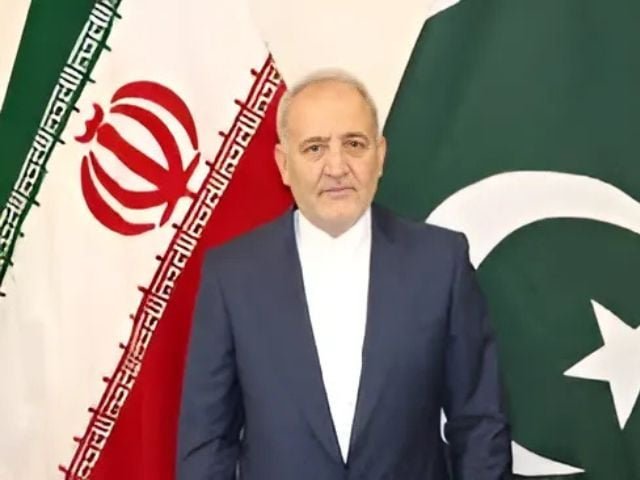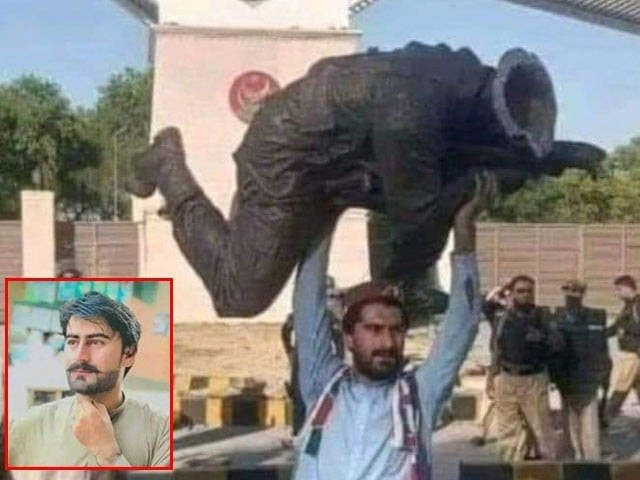U.S. and Israel Accused of Sabotaging Iran’s Peace Efforts: An Overview
Iranian Ambassador Reza Amiri Moghaddam recently made headlines during a press conference in Islamabad, where he brought forth serious allegations against the United States and Israel. Just two days before anticipated nuclear talks between Iran and American representatives, he stated that deadly strikes on Iranian territory were a calculated attempt to derail diplomatic efforts. Moghaddam referred specifically to attacks on June 13 that resulted in the death of Iranian commanders, emphasizing that such actions are not conducive to peace or negotiation.
He did not mince words, labeling the Israeli government as “illegitimate” and describing it as a “U.S. military outpost” in the Middle East. Moghaddam’s comments reflect longstanding tensions in the region, as he articulated that Iran is a signatory of the Non-Proliferation Treaty (NPT) and operates transparently under the scrutiny of the International Atomic Energy Agency (IAEA). In contrast, he pointed out Israel’s ambiguous nuclear status.
Reiterating statements from U.S. intelligence, Moghaddam insisted that Iran’s nuclear program is peaceful. He stated firmly that Iran has a commitment to peaceful nuclear development and that their ambitions exist purely in the minds of scientists—not as threats that could be eliminated through military action. This assertion underscores the complexities surrounding nuclear negotiations and the conflicting narratives presented by the parties involved.
The ambassador also made it clear that Iran would not stand idle in the face of aggression. He highlighted the limitations of Israeli defenses against Iranian-made missiles, casting doubt on their ability to protect themselves without U.S. intervention. He ominously warned that, in the event of war, Iran would have the strategic capability to determine where America would "feel pain."
Furthermore, Moghaddam expressed appreciation for the support Iran has received from Muslims globally, particularly thanking the Pakistani government and its people for their solidarity. He also acknowledged members of the United Nations Security Council who condemned the aggression displayed by Israel.
In a defiant stance, he dismissed any calls for regime change in Iran. He claimed that U.S. presidents throughout history have sought to influence Iranian governance—often through both diplomatic and forceful means—but highlighted the resilience of the Iranian people in rejecting foreign-imposed leadership.
The ambassador concluded by mentioning the city of Isfahan, noting that it had suffered damage from recent strikes, although the Fordow nuclear site remained largely untouched due to its remote location. Moghaddam affirmed Iran’s commitment to resist foreign aggression, framing the ongoing conflicts in Gaza and beyond as part of a broader struggle against what he termed “genocidal regimes.”
This recent round of accusations adds another layer to an already complicated geopolitical landscape and highlights the critical need for diplomatic dialogue and peace efforts in the region. As we look ahead, the call for stability and constructive negotiations seems more urgent than ever.





